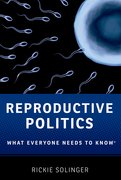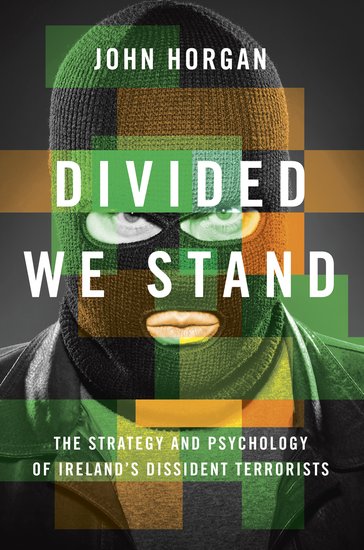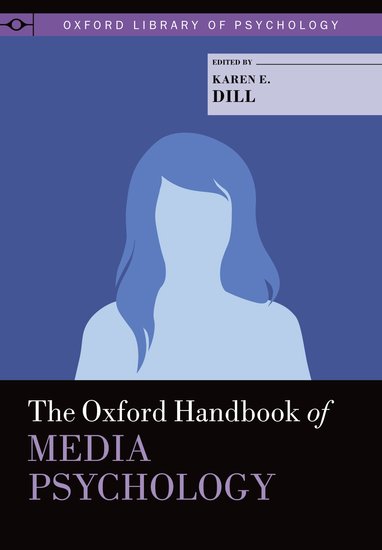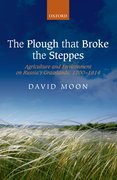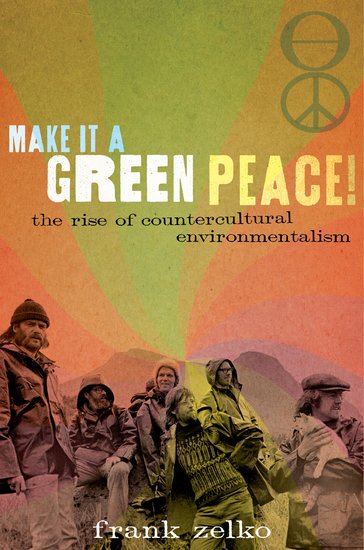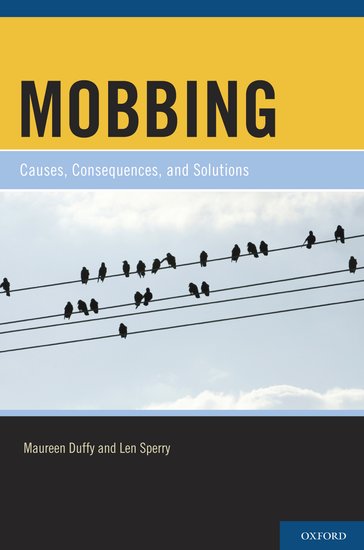Global warfare redivivus
Charles Townshend
When the ‘global war on terror’ was launched by George W. Bush – closely followed by Tony Blair – after the 9/11 attacks, many people no doubt felt reassured by these leaders’ confidence that they knew the best way to retaliate. Some, though, found the global war concept alarming for several reasons. The notion of a ‘war’ seemed to indicate a wrong-headed belief that overt military action, rather than secret intelligence methods, was an effective response. More seriously, perhaps, this seemed to be a ‘war’ which couldn’t be won. Since it is all but inconceivable that terrorism per se can ever be eliminated by any method, the Bush-Blair crusade looked dangerously like a declaration of permanent war of an Orwellian kind.





